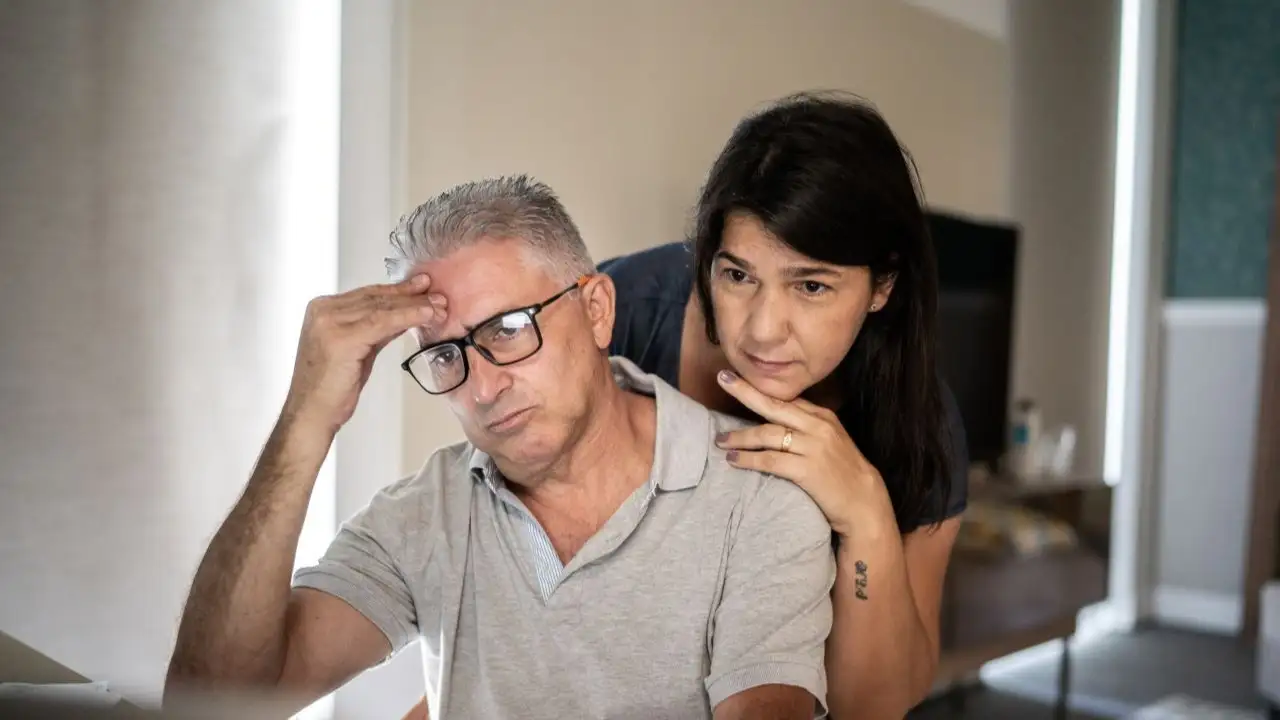- Financial Term Glossary
- Cease-and-Desist Letter
Cease-and-Desist Letter
Cease-and-desist letter summary:
Debtors have the right to send cease-and-desist letters under the FDCPA—they inform a debt collector that the debtor no longer wants to be contacted about a debt.
Sending the letter doesn’t mean you are no longer responsible for the debt, but doing so gives you a break in the short term.
A cease-and-desist letter also won’t stop a creditor from suing you.
Cease-and-desist letter definition and meaning
A cease-and-desist letter informs a debt collector that a debtor no longer wishes to be contacted about a debt. Debtors have the right to send cease-and-desist letters under the Fair Debt Collection Practices Act (FDCPA). Sending these letters doesn't relieve you of your responsibility for debts you owe, but it can get debt collectors off your back in the short term.
More about cease-and-desist letters
A cease-and-desist letter is a formal statement sent to a debt collector to demand that contact about a debt be stopped. If a debt collector is contacting you about a debt, you can write a cease-and-desist letter to end communications.
Once a debt collector receives your letter, they can only contact you to tell you that:
Contact will stop, or
They plan to take specific action against you, like filing a debt lawsuit
If a debt collector continues to contact you after you send a cease-and-desist letter, outside the scope of the two reasons listed above, that could be a violation of your rights under the FDCPA.
You could report them to the Federal Trade Commission (FTC) and the Consumer Financial Protection Bureau (CFPB). You may also be able to sue for damages if you can prove your FDCPA rights were violated.
Cease-and-desist letter example
If you'd like to cut contact with a debt collector, it helps to know what to include in your cease-and-desist letter. Below is an example of the wording you might use to draft your letter.
Debt collector's name and address
Re: Your account number
To whom it may concern:
I am writing to request that you cease and desist from contacting me regarding the account number referenced above. I understand that I have the right to do so under the Fair Debt Collection Practices Act.
Please be advised that I no longer wish to be contacted at home or work via any form of communication. Any further contact that is outside the scope of what's allowed by the FDCPA will be reported to the Federal Trade Commission and the Consumer Financial Protection Bureau. Thank you for your understanding and cooperation.
Sincerely,
Your name and signature
You can send your letter via email, but it's usually better to send a paper copy through certified mail. That way, you have a receipt showing when you sent the letter and when the debt collector received it.
Limitations of a cease-and-desist letter
A cease-and-desist letter serves one purpose only: to get debt collectors to stop contacting you. It doesn't make the debt go away or prevent a debt collector from suing you. That means you'll still need to decide what to do about the debt in question.
A cease-and-desist letter could close off communications with that creditor. That could make it harder for you to negotiate with them to resolve the debt for less than the full amount you owe.
Cease-and-Desist Letter FAQs
How do I get a collection agency off my back?
The law says that collection agencies have to stop contacting you if you ask them to in writing. You can draft a short and sweet cease-and-desist letter, then send it to the collection agency via email or paper mail.
However, you might not want to do that, because they may take you to court if they can't negotiate with you or make payment arrangements. If you get a summons for a debt lawsuit from a collection agency, it's important to respond to it promptly to mount a defense.
What should I do if I get a call from a debt collector about a debt I don’t recognize?
Debt collectors must provide you with specific information about the debt to show that it's yours if you request validation. Collection actions must stop while validation is underway.
If you believe the debt isn't yours, dispute it with the debt collector. Document the details of the dispute in writing so you have a paper trail in case the debt collector doubles down on insisting the debt is yours or attempts to sue you.
Who does the Fair Debt Collection Practices Act apply to?
The FDCPA applies to third-party debt collectors that collect debts for personal, family, or household purposes. This includes credit card bills, student loans, mortgages, medical bills, and other household debts.
Consumers who have these types of debts are protected from unfair and fraudulent debt collection practices by the Act. For example, debt collectors must stop contacting you once you send them a cease-and-desist letter. You also have the right to sue a debt collector if you believe they've violated your FDCPA rights.
Related Articles
There's nothing pleasant about being contacted by a debt collector, but you have rights. Learn how the FDCPA protects you from debt collector abuse.
Dana George
Author
When debt collectors won't stop calling, writing a cease-and-desist letter is one way to get them off your back. Learn more here.
Rebecca Lake
Author
Creditors shouldn’t harass you. Learn how to write a cease and desist letter to control contact from debt collectors.
Gina Freeman
Author
There's nothing pleasant about being contacted by a debt collector, but you have rights. Learn how the FDCPA protects you from debt collector abuse.
Dana George
Author
When debt collectors won't stop calling, writing a cease-and-desist letter is one way to get them off your back. Learn more here.
Rebecca Lake
Author
Creditors shouldn’t harass you. Learn how to write a cease and desist letter to control contact from debt collectors.
Gina Freeman
Author


